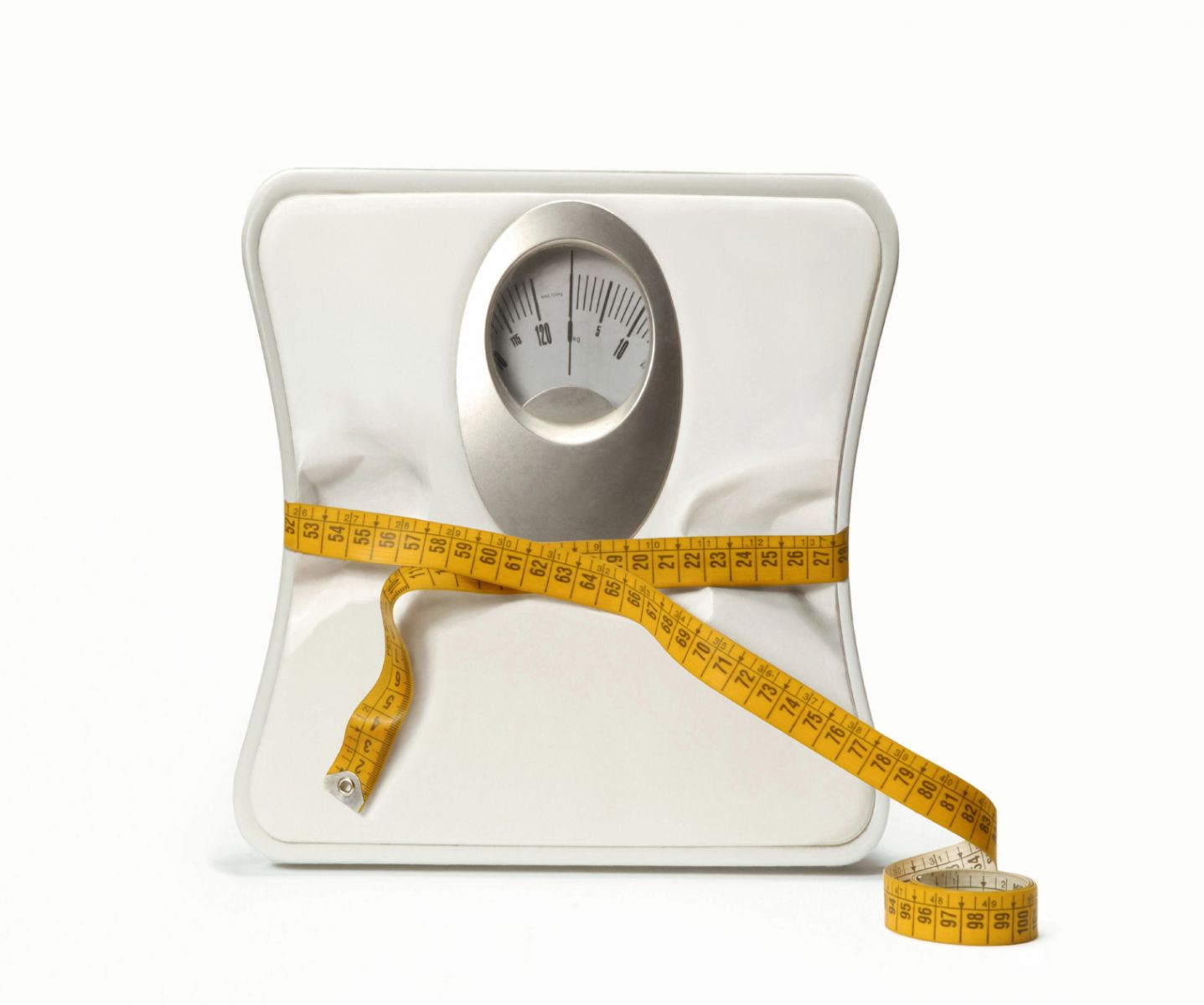
New thinking about plaque in arteries that feed the brain

Want to prevent shifting teeth? Maybe you need retainers

What you need to know about the new dietary guidelines

Food that’s healthier for people and planet can be cheaper, too

New evidence that polyphenol-rich foods help the heart

8 simple ways to reduce ultra-processed foods in your diet

How to curb your stress eating

How to spot Parkinson’s disease symptoms

Heart failure symptoms in women: How they’re different

GERD diet: Foods to avoid to reduce acid reflux
Nutrition Archive
Articles
Watch out for two different Nutrition Facts labels
News briefs
Brace yourself for confusion when looking at food labels. The FDA is delaying the launch of its new Nutrition Facts label, which features clearer serving sizes, a new line for added sugars, and the actual amounts of vitamins and minerals (not just percentages of Daily Values). Large food makers were supposed to start using the updated design by July 2018, and smaller companies had until July 2019. Now the FDA is extending the deadlines to January 2020 and January 2021, respectively. The FDA says the extra time will give the agency a chance to lend guidance to manufacturers. But some food makers have already rolled out the new label on their products. This means consumers will see two different types of nutrition labels for years to come, which could be confusing. "Ironically, however, remember that fresh whole foods that don't have a label — especially fruits and vegetables — may be your wisest choice," says registered dietitian Kathy McManus, director of the Department of Nutrition at Harvard-affiliated Brigham and Women's Hospital.
What are the best calcium sources for people who are lactose intolerant?
On call
Image: © Svetl/Thinkstock
Q. How can I get my daily requirement for calcium if I am lactose intolerant?
A. We usually associate high-calcium foods with dairy products, like milk, cheese, and yogurt. If you cannot tolerate these foods from a digestive standpoint, you can still meet your calcium requirement by increasing your consumption of certain green leafy vegetables and calcium-fortified foods.
Crave a better appetite
Losing the desire to eat can lead to many health problems, but there are ways to make mealtime more inspiring.
Remember when you could eat almost anything, lack of hunger was never an issue, and meals were a high point of your day? But now, perhaps not so much. What has changed?
"It's common for your appetite to diminish as you age, but the problem is that this can keep you from getting enough of the vital nutrients you need and can contribute to poor health," says Vasanti Malik, a nutrition research scientist at the Harvard T.H. Chan School of Public Health.
Staying connected can improve your health
Try these strategies to help you fill your social calendar.
Image: © Mike Watson Images/Thinkstock
In an effort to ward off the loneliness that followed his wife's death, a 94-year-old man in Minnesota decided to install a swimming pool in his back yard for the neighborhood children. His back yard is now a hub of activity in the summer, filled with laughter, splashing children, and their parents and grandparents. And he's no longer alone.
While not everyone would be willing to go to such extreme lengths to make social connections, contact with other people should still be a top priority. Chronic loneliness does more than just make you bored; it can actually harm your health.
Why walnuts may help with weight loss
Research we're watching
Image: © Boonchuay1970/Thinkstock
Noshing on a handful of nuts on most days of the week has been linked to a lower risk of obesity and heart disease. New research may help explain why: walnuts appear to activate a brain region involved in appetite and impulse control.
For the study, nine people with obesity drank a smoothie that contained about 14 ground walnut halves or a placebo smoothie (identical in taste and calories) for five consecutive days. After a month on their regular diets, the participants returned for another five days, during which the placebo group drank walnut smoothies and vice versa. On day five of both periods, they underwent brain imaging tests while looking at pictures of desirable foods (such as burgers and cake), less desirable foods (vegetables), or neutral pictures of rocks and trees.
Find the weight-loss plan that works for you
You've tried different diets — and have even been exercising regularly — but those extra pounds won't budge. Don't give up. It may be that you haven't yet found the weight-loss strategies that work for you.
"Everything works for some people, but no treatment is equally effective for everyone," says Dr. Lee Kaplan, director of the Obesity, Metabolism and Nutrition Institute at Massachusetts General Hospital. "No method is fundamentally better than any other. The key is finding out which therapy is best for you, and that takes trial and error."

New thinking about plaque in arteries that feed the brain

Want to prevent shifting teeth? Maybe you need retainers

What you need to know about the new dietary guidelines

Food that’s healthier for people and planet can be cheaper, too

New evidence that polyphenol-rich foods help the heart

8 simple ways to reduce ultra-processed foods in your diet

How to curb your stress eating

How to spot Parkinson’s disease symptoms

Heart failure symptoms in women: How they’re different

GERD diet: Foods to avoid to reduce acid reflux
Free Healthbeat Signup
Get the latest in health news delivered to your inbox!
Sign Up











